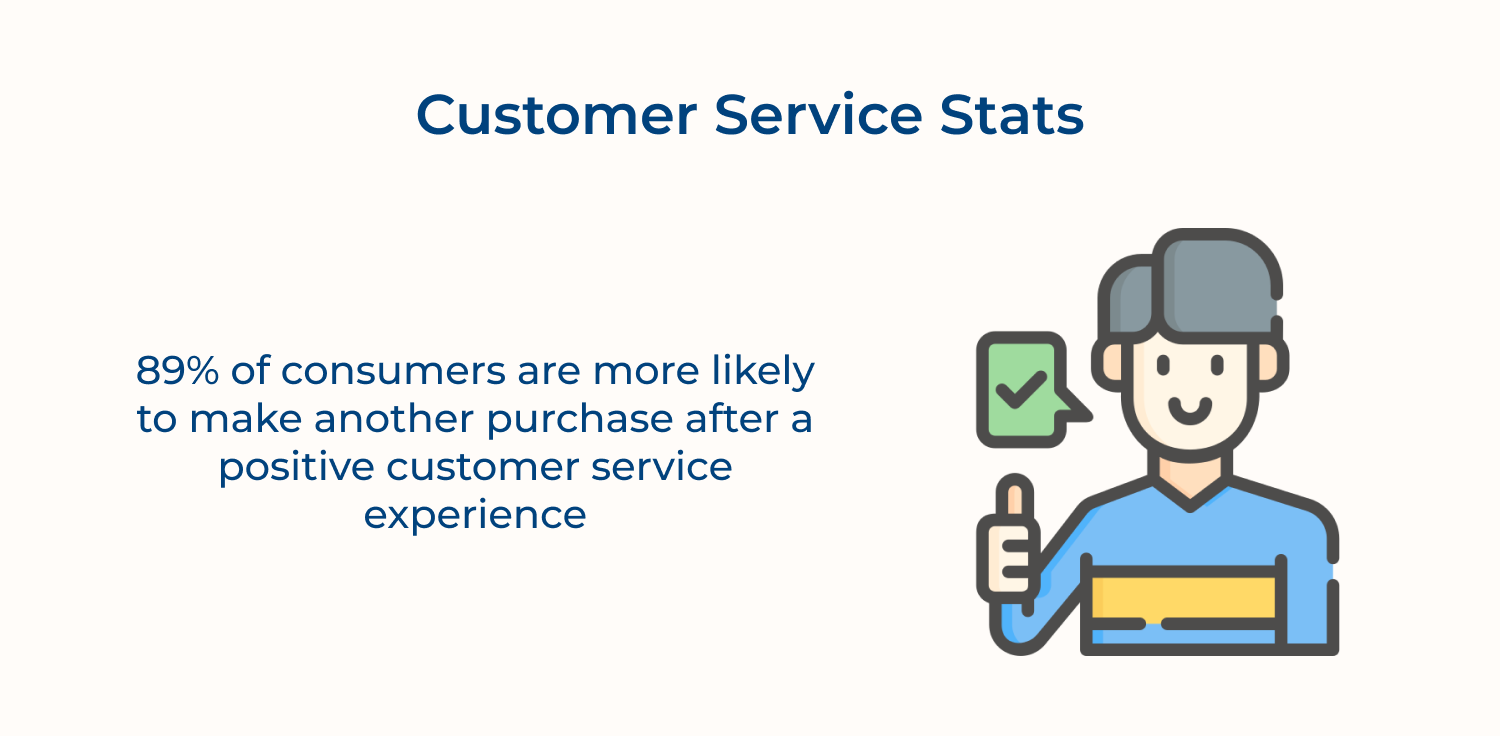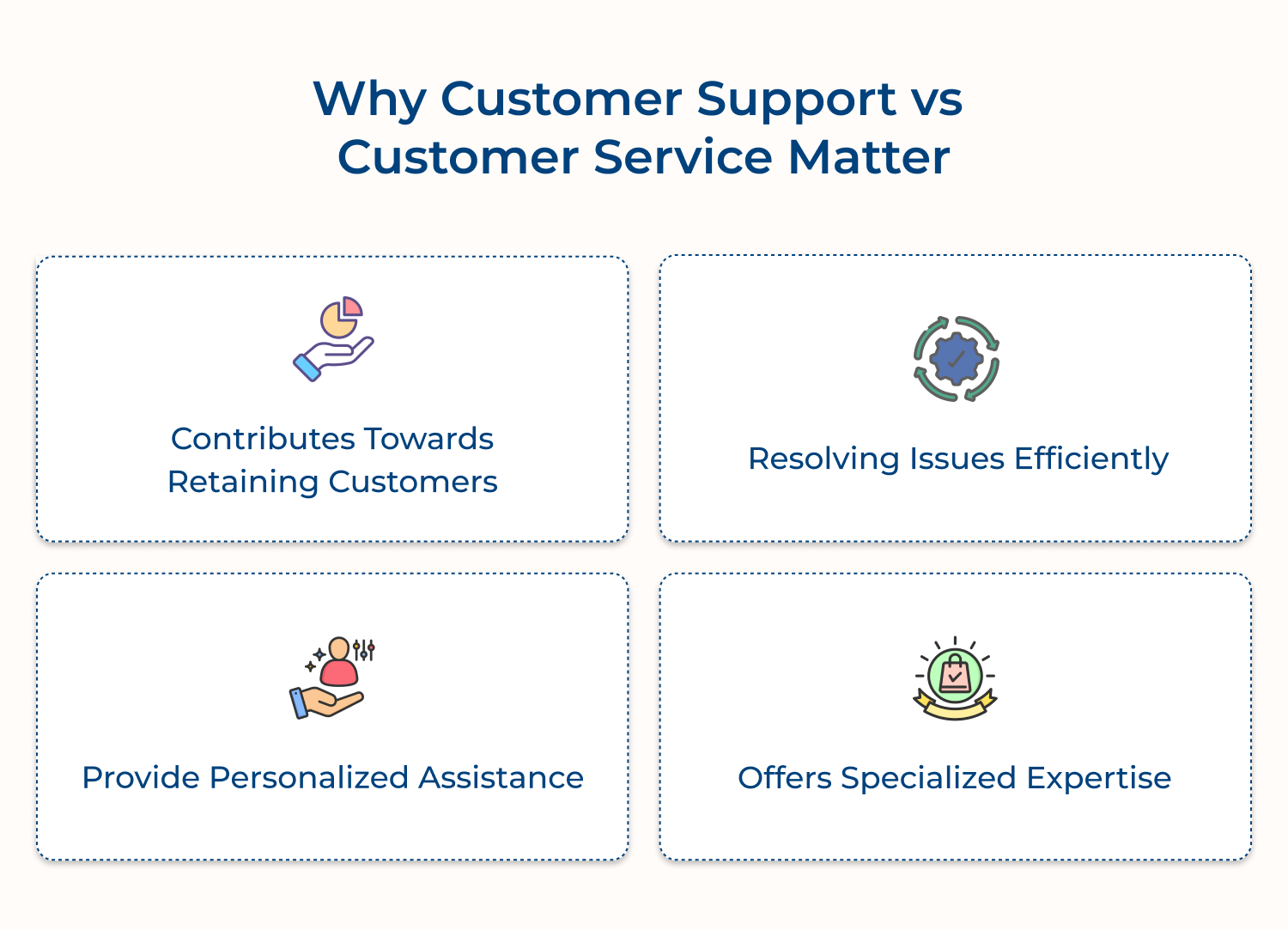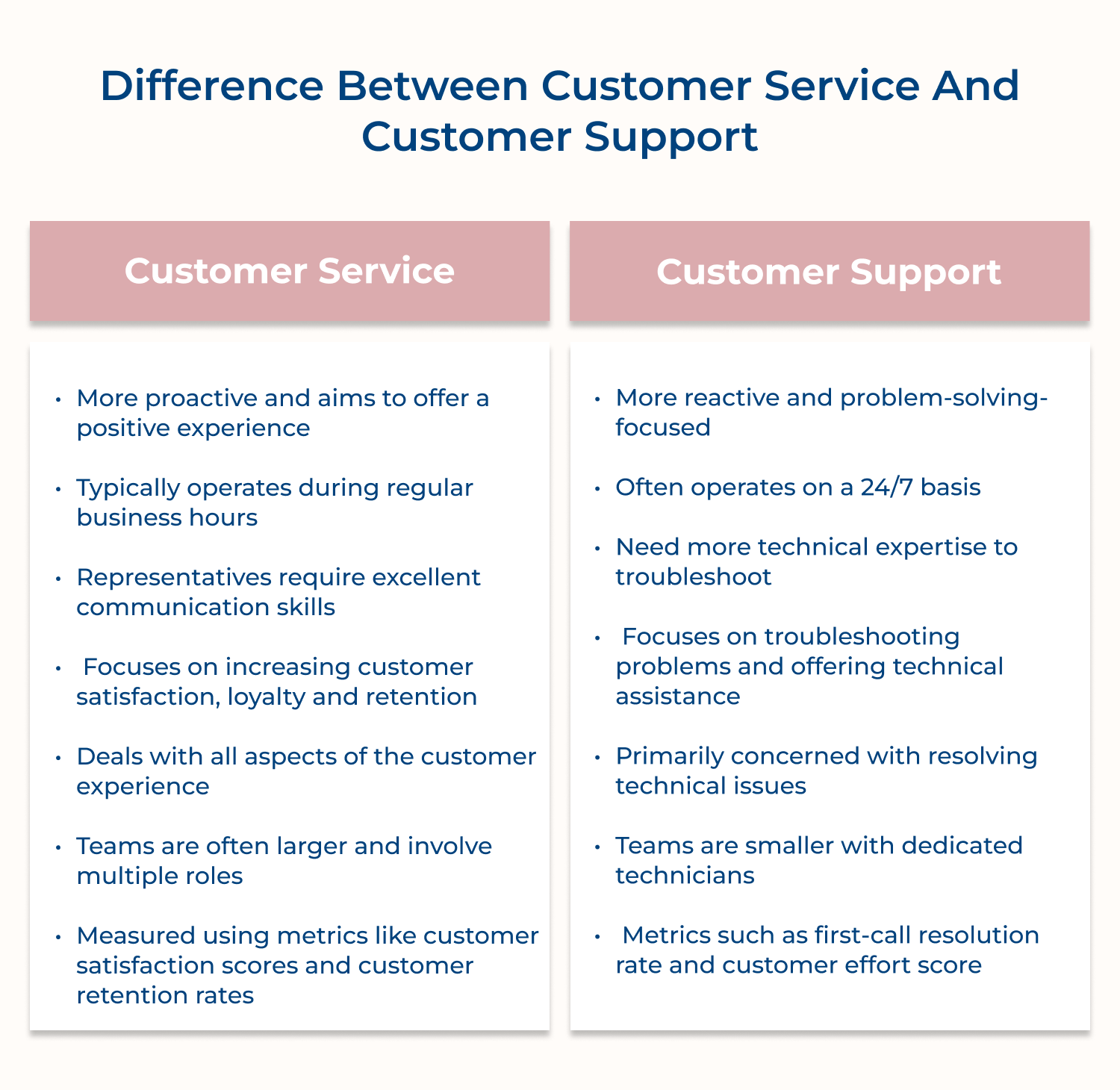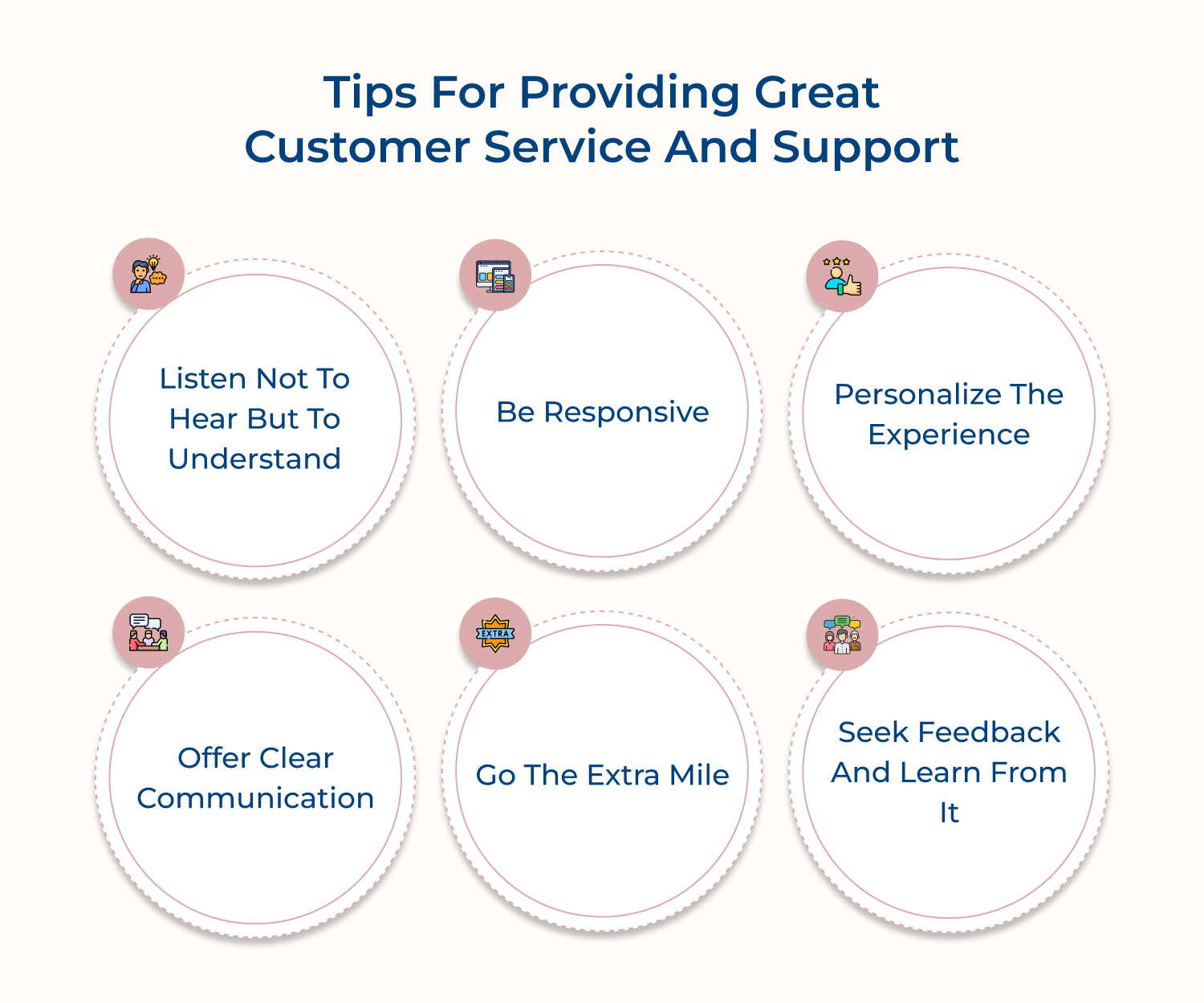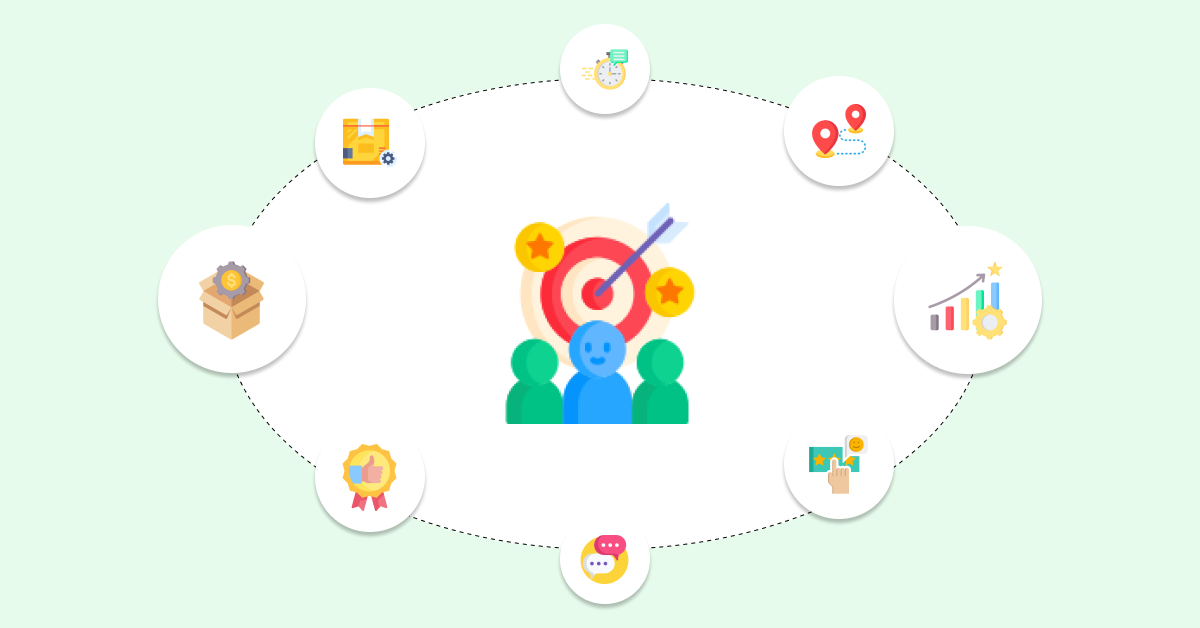If you want to ensure that your customer service is top-notch, here are some essential tips to keep in mind:
1. Listen Not to Hear but to Understand
One of the most important aspects of great customer service is actively listening to your customers and understanding their needs or pain points. Take the time to truly understand their concerns before offering a solution. Show empathy and let them know that their opinions are valued.
2. Be Responsive
Customers expect timely responses to their queries or complaints. You should provide quick and efficient solutions, whether it’s through phone, email or live chat. Make it a priority to respond to customer inquiries within a reasonable time frame ideally within 24 hours.
3. Personalize the Experience
Treat each customer as an individual and personalize your interactions. Address them by their name, make note of any previous interactions or preferences they have shared and tailor your responses accordingly. Customers appreciate feeling recognized and valued as individuals.
4. Offer Clear Communication
Clear and effective communication is key to providing great customer service. Ensure that you explain any processes, policies, or solutions in a simple and concise manner. Avoid using technical jargons that may confuse customers and always be transparent about any constraints.
5. Go the Extra Mile
Delivering exceptional customer service involves going above and beyond what is expected. Delight your customers by offering small gestures of appreciation such as personalized thank you notes, discounts or freebies. Showing that you genuinely care about their satisfaction will leave a lasting positive impression.
6. Seek Feedback and Learn From It
Feedback from customers is invaluable in understanding their experience and identifying areas for improvement. Encourage customers to provide feedback through surveys, reviews or direct communication. Actively listen to their suggestions and implement changes accordingly. Showing customers that you value their opinions creates trust and loyalty.
Examples of Top Customer Service and Customer Support
Providing exceptional customer experiences can set a company apart from its competitors. With the rise of social media and online reviews, customers have more power than ever to share their positive or negative experiences, making it imperative for businesses to prioritize their customer service efforts.
We have summarized a few real-life examples of businesses that have gone above and beyond to deliver top-notch customer service and support.
1. Zappos
Zappos, an online shoe retailer, is renowned for its exceptional customer service. The company is known for its 365-day return policy, free shipping both ways, and 24/7 customer support. Zappos focuses on building relationships with its customers by providing personalized service of both its employees and customers.
2. Ritz-Carlton
The luxury hotel chain, Ritz-Carlton, is legendary for its commitment to customer service. Every employee, regardless of their position, is empowered to spend up to $2,000 per guest to resolve any customer issues. It ensures that customers’ problems are resolved quickly and efficiently, leaving them with a remarkable experience.
3. Amazon
Amazon is known for its customer-centric approach and fast, reliable shipping. Their customer service team is easily accessible through phone, email or live chat, providing assistance and addressing concerns. Amazon is proactive in anticipating and resolving issues, ensuring customer satisfaction.
4. Apple
Apple is recognized for its exceptional customer support through its Apple Care program. Apple Care provides extended warranties and technical support for all Apple products. Customers can easily schedule appointments at Apple stores, where knowledgeable staff offer personalized assistance and solve any technical issues.
5. Southwest Airlines
Southwest Airlines differentiates itself by providing excellent customer service in the airline industry. They offer flexibility with no change fees and allow customers to check two bags for free. Southwest’s friendly, humorous flight attendants and efficient customer service personnel create a positive experience for passengers.
6. Nordstrom
Nordstrom, a high-end department store, prides itself on its customer service approach. Its return policy is buyer-friendly, allowing customers to return items even years after purchase. Their dedicated customer service representatives focus on resolving customer inquiries promptly and are known for going the extra mile to ensure customer satisfaction.n
These real-life examples showcase how exceptional customer service/support can leave a lasting impact on customers. By prioritizing customer satisfaction and investing in personalized interactions, these businesses have built strong customer loyalty, positive word-of-mouth as well as sustainable success.
Focus on Customer Service and Support for Excellent CX
A personalized customer experience (CX) can significantly impact a company’s success and customer loyalty. By focusing on customer service/support, businesses can create a strong foundation for superior CX.
Focusing on customer service and support, businesses can create an exceptional CX that sets them apart from their competitors. Remember, one bad experience can result in the loss of a customer, whereas outstanding customer service can lead to customer advocacy. Word-of-mouth travels quickly, so make customer service excellence a top priority to ensure the long-term success of your business.

